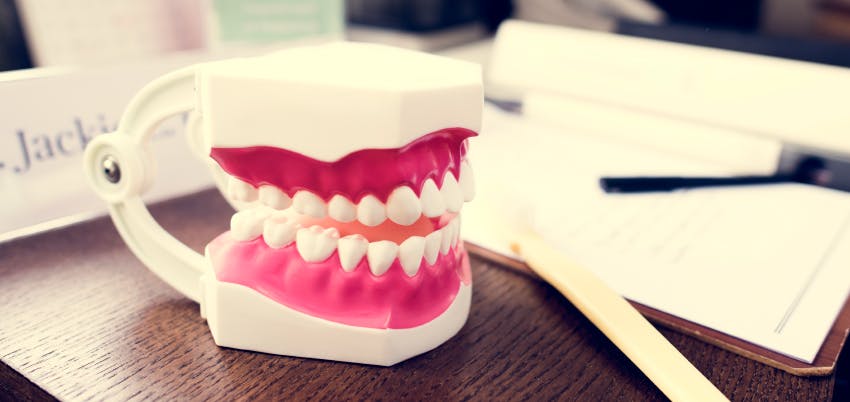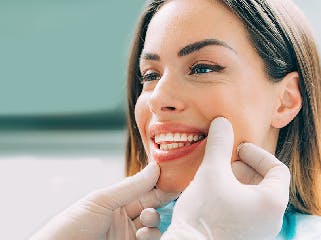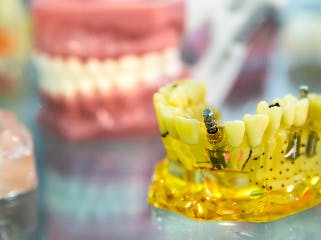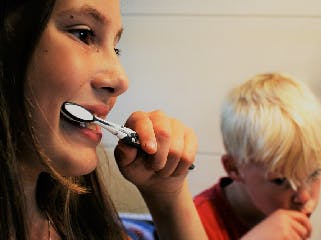
How to take care of your baby’s Oral Health
by Wildsmile
Oral hygiene is one of the habits that will remain with your child throughout life. So, like daily bathing and hair brushing, cleaning their teeth has the same or even much greater importance.
1. Why is it important to practice oral hygiene in a baby?
Since the teeth appear in the mouth, they begin to be a place where bacteria nest and reproduce. The enamel of a baby is significantly more fragile than that of a child or that of an adult. Therefore, it is more likely to be damaged by the acid generated by bacteria when fermented in the mouth.
The importance of performing oral hygiene in a baby, in addition to accustoming him to this habit without realizing it, lies in avoiding the formation of cavities and possible gum problems.
Skipping this important step in the baby's health could lead to infections. In addition, like any process, at the beginning it will be more difficult and laborious, which will require some adaptation time. Therefore, the sooner we start the better.
2. At what age should you start?
There is no specific age to start with your baby's dental hygiene, but there is a moment. Between four and seven months of age the baby will see his first tooth appear. This is precisely the moment in which we must start with hygiene in the area.
The principle is as follows: where there are teeth, you have to clean.
3. What materials should be used?
There are three options of materials to use:
· Gauze
· Cloth
· Silicone thimble
The procedure is to wrap your finger in one of these materials, which should be very clean, and moisten it in warm water. You gently rub your finger through the tooth, which will be two later and so on, then the gums, the palate, the inner face of the cheeks and the tongue. Moistening the material with water is extremely important so as not to damage your mucous membranes.
4. How do I do it?
Oral hygiene is an adaptation process. It usually does not happen, but it may be that the baby rejects it or feels uncomfortable when you touch certain parts. That's why the sooner you start, the more time there will be for you to get used to. Some tips that will be very useful are:
· Take advantage of the daily bath: this is an excellent occasion, since we are in a context of hygiene and water, so it generates a coherence between both activities.
· Massage gently: you will see that once he gets used to it, if he didn’t do it from the first moment, it will be even fun and relaxing for the baby to feel the massage in his gums. Plant it as a game and it will be easier for both of you.
· Increase the frequency of cleaning: as the teeth begin to appear and the food is enriched, it is convenient to clean after each meal, especially after those that contain carbohydrates or sugar (rice, bread, sugary cereals, fruits, milk and fruit juices).
Want to learn more about this?
Contact us
Your contact request is registered. We will contact you as soon as possible.
Lorem ipsum dolor sit amet, consectetur adipisicing elit. Adipisci alias aliquid amet commodi dolor, dolore doloremque dolores fugit quod repellat.
 ENG
ENG






